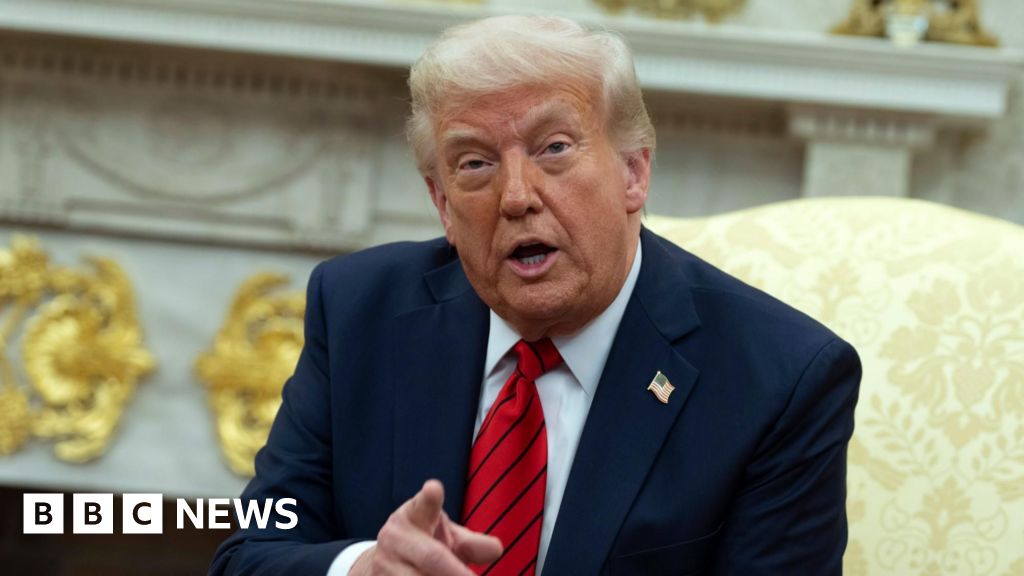Iran's Nuclear Ambitions Raise Concerns Amid Diplomatic Uncertainty

Recent assessments by scientists have indicated that Iran is potentially closer than ever to being capable of producing six or more nuclear weapons within a timeframe of just a few months, or possibly within a year. This alarming development has raised significant concerns among international observers and policymakers, particularly in light of ongoing negotiations concerning Iran's nuclear program.
Last week, following a meeting with Irans foreign minister, Abbas Araghchi, senior U.S. official David Witkoff suggested that Iran might be able to produce low levels of enriched uranium under a verification regime that could also encompass Tehrans missile development efforts. This statement was initially perceived as a possible opening in diplomatic discussions, indicating a willingness to explore more flexible arrangements. However, within a day, Witkoff clarified his stance, insisting that Iran must stop and eliminate its nuclear enrichment and weaponization program for any agreement to be realistically considered.
This abrupt shift in rhetoric reflects the palpable uncertainty within the Trump administration, a sentiment likely shared by President Trump himself, regarding whether a feasible and beneficial deal can be achieved with Iran. The complexities of the situation are compounded by differing perspectives on nuclear enrichment, with the administration seeming to grapple with how to balance concessions with strict demands.
According to Ellie Geranmayeh, a senior Middle East policy expert at the European Council on Foreign Relations, the Trump administration might be inclined to permit low levels of uranium enrichment, provided that Iran offers unprecedented concessions in return. Such concessions could include allowing U.S. inspectors unprecedented access to Iran's nuclear facilities or permitting greater involvement of American investors in Irans economy. Geranmayeh has been closely analyzing Irans nuclear diplomacy for over a decade and noted, My sense is that the Iranians and the Americans are still at a stage where they are defining one anothers red lines.
She emphasized the importance of the United States articulating a definitive position soon, as the ongoing ambiguity could hinder progress toward a diplomatic solution. The stakes remain high, as the prospect of Iran advancing its nuclear capabilities raises alarms not only for regional stability but also for global security.



























